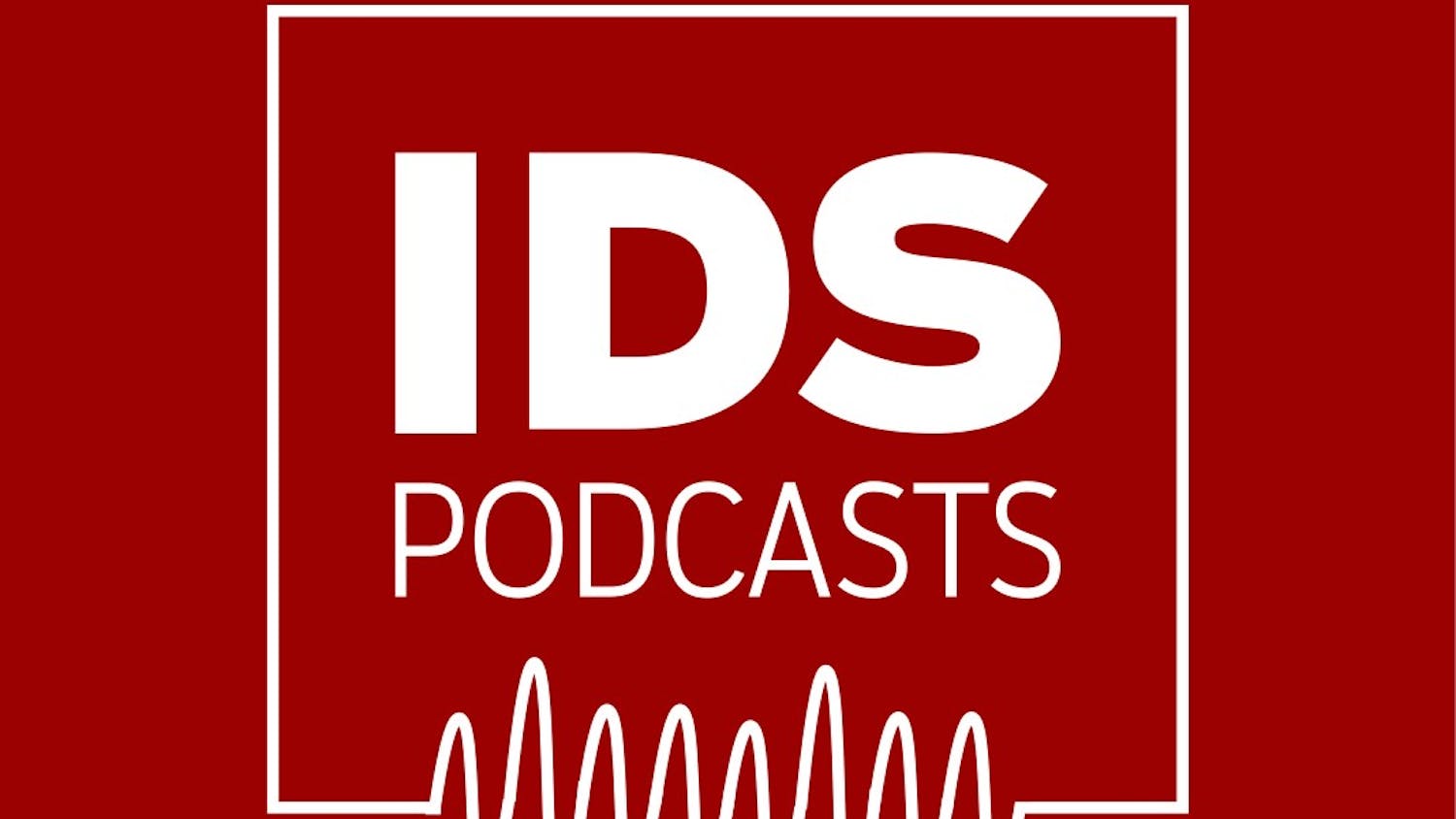LARGO, Fla. -- An autopsy on Terri Schiavo backed her husband's contention that she was in a persistent vegetative state, finding that she had massive and irreversible brain damage and was blind, the medical examiner's office said Wednesday. It also found no evidence that she was strangled or otherwise abused.\nBut what caused her collapse 15 years earlier remained a mystery. The autopsy and post-mortem investigation found no proof that she had an eating disorder, as was suspected at the time, Pinellas-Pasco Medical Examiner Jon Thogmartin said.\nAutopsy results on the 41-year-old brain-damaged woman were made public Wednesday, more than two months after her death March 31 ended a right-to-die battle between her husband and parents that engulfed the courts, Congress and the White House and divided the country.\nShe died from dehydration, Thogmartin said. He said she did not appear to have suffered a heart attack and there was no evidence that she was given harmful drugs or other substances prior to her death.\nHe said that after her feeding tube was removed, she would not have been able to eat or drink if she had been given food by mouth, as her parents' requested.\n"Removal of her feeding tube would have resulted in her death whether she was fed or hydrated by mouth or not," Thogmartin told reporters.\nHe also said she was blind, because the "vision centers of her brain were dead," and that her brain was about half of its expected size when she died 13 days following the feeding tube's removal.\nMichael Schiavo said his wife never would have wanted to be kept alive in what court-appointed doctors concluded was a persistent vegetative state with no hope of recovery. The Schindlers, however, doubted she had any such end-of-life wishes and disputed that she was in a vegetative state.\nThe medical examiner's conclusions countered a videotape released by the Schindlers of Terri Schiavo in her hospice bed. The video showed Schiavo appearing to turn toward her mother's voice and smile, moaning and laughing. Her head moved up and down and she seemed to follow the progress of a brightly colored Mickey Mouse balloon.\nThey believed her condition could improve with therapy.\nDoctors said her reactions were automatic responses and not evidence of thought or consciousness, and Thogmartin's report went farther.\n"The brain weighed 615 grams, roughly half of the expected weight of a human brain," he said. "This damage was irreversible, and no amount of therapy or treatment would have regenerated the massive loss of neurons."\nThogmartin said the autopsy report was based on 274 external and internal body images, and an exhaustive review of Terri Schiavo's medical records, police reports and social services agency records.\nHe said hospital records of her 1990 collapse showed she had a diminished potassium level in her blood. But he said that did not prove she had an eating disorder, because the emergency treatment she received at the time could have affected the potassium level.\nTestimony in a 1992 civil trial indicated that she probably was suffering from an eating disorder that led to a severe chemical imbalance.\nOver the years, the Schindlers had sought independent investigation of their daughter's condition and what caused it. Abuse complaints to state social workers were ruled unfounded and the Pinellas state attorney's office did not turn up evidence of abuse.\nCalls seeking comments Wednesday from the Schindlers and Michael Schiavo's attorney, George Felos, were not immediately returned.\nSpeaking before the report was issued, Felos, said the Schindlers continue to engage in a "smear campaign against Michael to deflect the real issues in the case, which were Terri's wishes and her medical condition."\nDuring the seven-year legal battle, federal and state courts repeatedly rejected extraordinary attempts at intervention by Florida lawmakers, Gov. Jeb Bush, Congress and President Bush on behalf of her parents.\nSupporters of the Schindlers harshly criticized the courts. Many religious groups, including the Roman Catholic Church, said the removal of sustenance violated fundamental religious tenets.\nAbout 40 judges in six courts were involved in the case at one point or another. Six times, the U.S. Supreme Court refused to intervene. As Schiavo's life ebbed away following the final removal of her feeding tube, Congress rushed through a bill to allow the federal courts to take up the case, and President Bush signed it March 21, but federal courts refused to step in.
Shiavo autopsy shows massive brain damage
Get stories like this in your inbox
Subscribe



